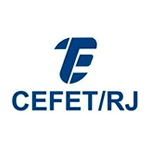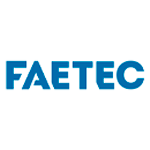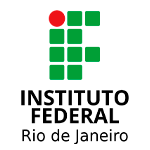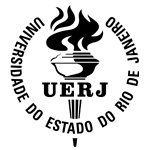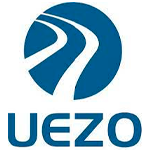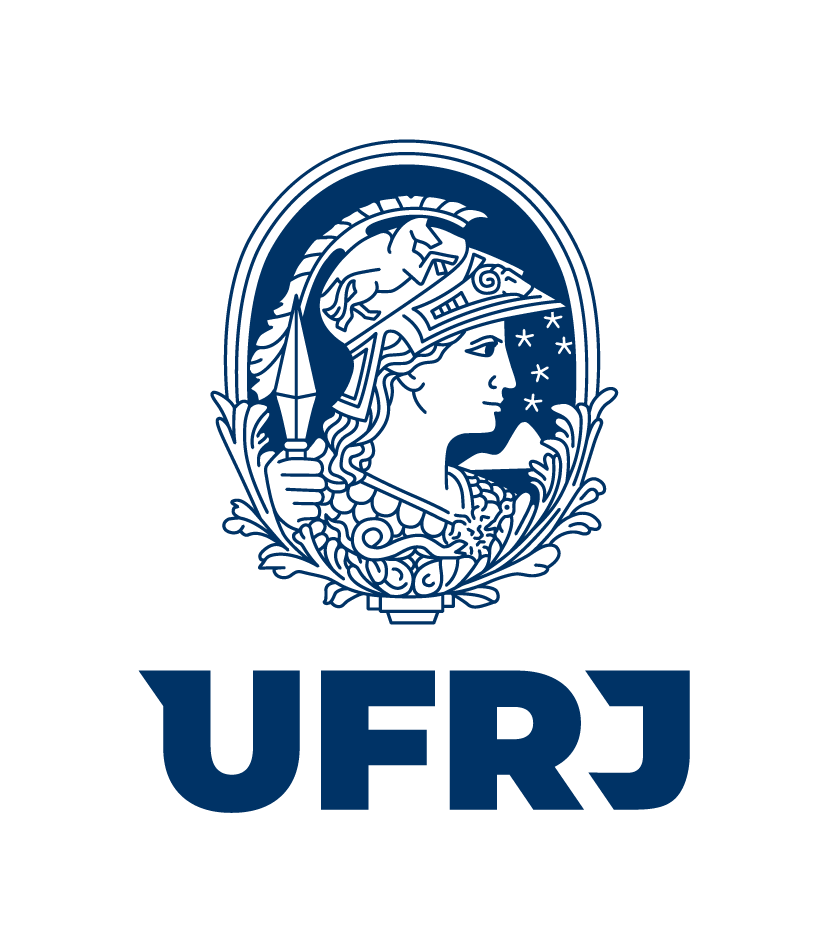a-REAEDUCA: Revista de Educação para o Século XXI: Pensar, Desenvolver e Criar um REA
DOI:
https://doi.org/10.18264/eadf.v7i1.498Resumo
O presente artigo relata a concepção de uma revista online de Educação para o Século XXI: REAeduca, sustentada na filosofia dos Recursos Educacionais Abertos. A sua origem encontra-se no desenvolvimento de uma atividade da unidade curricular Materiais e Recursos para E-Learning, do mestrado em Pedagogia do E-Learning da Universidade Aberta em Portugal. A metodologia seguiu a seleção do tema, o planejamento da revista e a revisão de literatura sobre a temática em foco para atingir-se uma revista cientificamente fundamentada e a criação efetiva da revista online. Composta por abordagens temáticas variadas e concebida em uma página web, apresenta outras referências para a temática em estudo. O efeito do projeto foi extremamente satisfatório, quer pelos testemunhos recolhidos na página da revista, quer pelas partilhas nas redes sociais nas quais a revista foi compartilhada. Os resultados foram triangulados e evidenciam o movimento de recursos educacionais abertos como pilar de uma mudança do paradigma educativo, que integra tecnologia e metodologia, rumo a melhorias tanto para a prática docente quanto para o estudante. Com o desenvolvimento da revista, adaptações foram necessárias, como a evolução do nome para a-REAeduca, com o prefixo alusivo à abertura da informação e do conhecimento na sociedade em rede em que vivemos, e o seu alargamento em três domínios: acadêmico, organizacional e didático-pedagógico, entre outras conquistas.
Palavras-chave: Recursos educacionais abertos, Educação online, Educação aberta, Revista de Educação, Sociedade em rede, Projetos educativos.
a-REAEDUCA - Journal of Education for the 21st Century: think, develop and create an OER
Abstract
This article focuses on the design of an online journal of Education for the 21st Century - REAeduca, supported by open educational resources philosophy. Its origin lies in the development of an activity of the course unit Materiais e Recursos para E-Learning, of the Master in E-Learning Pedagogy by the Universidade Aberta, Portugal. The methodology followed the theme selection, the journals planning and a content analysis on the subject in focus, to achieve a scientifically based magazine, and the effective creation of the online journal. Consisting of various thematic approaches and designed in a web page with other references to the topic under study. The effect of the project was extremely satisfactory, either by the evidence gathered in the journal page, or by shares in the social networks in which the journal was shared. The results show that the movement of Open Educational Resources as a pillar of the change of the educational paradigm that integrates technology and methodology towards improvements both for teaching and for the student. With the development of the journal adaptations were necessary, among which the evolution of the journal's name to a-REAeduca, with allusive prefix of an open information and knowledge in the network society we live in, and its extension in three areas: academic, organizational and didactic-pedagogic, and other achievements presented in this article.
Keywords: Open Educational Resources, Online Education, Open Education, Education Journal, Network Society, Educational projects.
Downloads
Referências
Amiel, T.; Orey, M.; West, R. (2011). Recursos Educacionais Abertos (REA): modelos para localização e adaptação. In ETD: Educ. Tem. Dig., Campinas, 12, nº esp., 112-125, mar. Disponível em https://www.fe.unicamp.br/revistas/ged/etd/article/view/2284
Anderson, T. (2009). On open, distance, E?Learning and other name confusion. Disponível em http://terrya.edublogs.org/2009/01/15/on-open-distance-e-learning- and-other-name-confusion/
Anderson, T. (2013). Open access scholarly publications as OER. International review of research in open and distance learning. Canadá, 14(2), 81-95.
BOAI - Iniciativa de Budapeste pelo Acesso Aberto. Disponível em http://www.budapestopenaccessinitiative.org/translations/portuguese-translation
Comissão Europeia (2013). Opening up Education: a proposal for an European Initiative to enhance education and skills development through new technologies. Bruxelas: Comissão Europeia. Disponível em www.eu.int/comm/education/III/life/memo.pdf
Conole, G. (2012). Fostering social inclusion through open educational resources (OER). Distance Education, 33(2), 131-134. Disponível em http://www.tandfonline.com/doi/abs/10.1080/01587919.2012.700563#.Um8G-4up1rx
Declaração da Cidade do Cabo para Educação Aberta: abrindo a promessa de recursos educativos abertos. (2007) Disponível em http://www.capetowndeclaration.org/translations/portuguese-translation
Declaração de Berlim sobre Acesso Aberto. (2003). Disponível em http://repositorium.sdum.uminho.pt/about/docs/declaracao- berlim.pdf
Educação Aberta. Recursos educacionais abertos (REA): um caderno para professores. Campinas. Disponível em http://www.educacaoaberta.org/wiki
Ehlers, U. D. (2011). From Open Educational Resources to Open Educational Practices. E-Learning Papers, 23 (March), 1?8. Disponível em http://www.elearningeuropa.info/files/media/media25231.pdf
Hunt, M. & Swan, A. (2015). Briefing paper: Open Access, 4, PASTEUR4OA. Disponível em http://www.pasteur4oa.eu/
Mulder, A. (2011). Open Educational Resources and the Role of the University. Educause Review Magazine. 46(5). Disponível em http://www.educause.edu/ero/educause-review-magazine-volume-46-number-5-septemberoctober-2011
Nobre, A. & Mallmann, E. (2016). Recursos educacionais abertos: transposição didática para transformação e coautoria de conhecimento educacional em rede. Indagatio Didactica. CIDTFF - Centro de Investigação em Didática e Tecnologia na Formação de Formadores. Aveiro: Universidade de Aveiro.
Nobre, A., Mallmann, E. & Quintas, A. (2015). A Universidade Aberta a caminho da inovação pedagógica: recursos e práticas educacionais abertas, práticas e cenários de inovação em Educação Online. Lisboa: Universidade Aberta.
OPAL (2011a). OEP, Guidelines for Open Educational Practices in organizations (Vs 2011). Disponível em http://www.oer-quality.org/wp-content/uploads/2011/03/OPAL-OEP- guidelines.pdf
OPAL (2011b). Beyond OER: Shifting Focus from Resources to Practices. The OPAL Report 2011. Disponível em http://duepublico.uni-duisburg- essen.de/servlets/DerivateServlet/Derivate-25907/OPALReport2011-Beyond-OER.pdf
Piscitelli, A. (2009). Nativos digitales: dieta cognitiva, inteligencia colectiva y arquitecturas de la participación. Buenos Aires: Santillana.
Wiley, D. & Hilton, J. (2009). Openness, Dynamic Specialization and the Disaggregated Future of Higher Education. The International Review of Research in Open and Distance Learning, 10(5). Disponível em http://www.irrodl.org/index.php/irrodl/article/view/768
Yuan, L. & Powell, S. (2013). MOOCs and Open Education: Implications for Higher Education. JISC: CETIS. Disponível em http://publications.cetis.ac.uk/2013/667
Downloads
Publicado
Como Citar
Edição
Seção
Licença
Todos os artigos publicados na Revista EaD em Foco recebem a licença Creative Commons - Atribuição 4.0 Internacional (CC BY 4.0). Todas as publicações subsequentes, completas ou parciais, deverão ser feitas com o reconhecimento, nas citações, da Revista EaD em Foco como a editora original do artigo.


